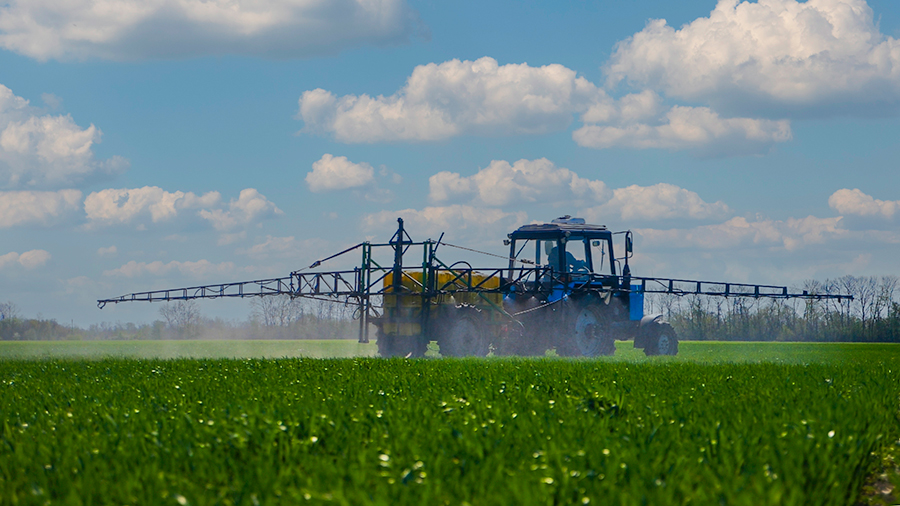March 2024
Risk assessment becomes mandatory for the registration of new products and modifications in uses that involve an increase in dosage, inclusion of crops, application equipment, or in cases of reanalysis.
The use of risk assessment is the most modern and realistic way to decide if a substance/technology is safe for both the environment and human health. For CropLife Brazil, the predictability of this type of assessment in the law generates greater legal certainty.
- The new law establishes new deadlines for the approval of registration applications, promoting greater predictability and legal certainty. Faster analysis of applications is expected. Some of the deadlines are:
24 months: new formulated or technical product.
60 days: identical formulated product.
30 days: Temporary Special Registration (RET).
12 months: other products.

- Increases the penalties for crimes related to the production, storage, transportation, importation, use, or illegal commercialization.
- Establishes the Unified System of Electronic Information, Petition, and Evaluation (SISPA) which will be coordinated by the Ministry of Agriculture (MAPA). This promotes speed and transparency in the registration process procedures.
- Provides greater clarity on the roles and powers of the Union and the States. It eliminates the subsequent stage of state registration, reducing the cost and time for new products to reach the market.
- When a phytosanitary emergency is declared by the Executive Branch, the registration of products is suspended, allowing for faster availability of effective tools in emergency pest control.
- The Ministry of Agriculture (MAPA), the Brazilian Health Regulatory Agency (ANVISA), and the Brazilian Institute of Environment and Renewable Natural Resources (IBAMA) remain responsible for setting guidelines and conducting analyses related to agronomic efficiency, health safety, and environmental safety, respectively. MAPA becomes responsible for establishing criteria for analysis priorities, without prejudice to the competencies of ANVISA and IBAMA.
- The law has some vetoes related to the coordination of the Ministry of Agriculture in product reevaluations and the suspension of new pesticide registrations in MAPA with the same active ingredient that may be under reevaluation, even if this new product is a mixture or has a new, safer formulation technology, preventing farmers from having more alternatives to choose from. The same rule applies to IBAMA in the case of environmental control products.















